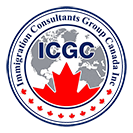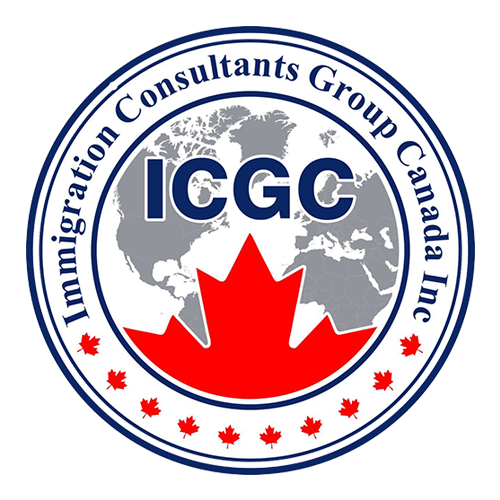Indigenous People in Canada
Indigenous people in Canada, also known as First Nations, Métis, and Inuit, have a rich history and culture that dates back thousands of years. Despite this, they have faced significant challenges over the years, including the forced removal of children from their families and communities, loss of land and resources, and discrimination. In recent years, there has been a growing awareness of these issues and a renewed commitment to reconciliation, but there is still much work to be done.
The history of Indigenous people in Canada is one of resilience in the face of adversity. Before the arrival of European colonizers, Indigenous communities were self-sufficient and had well-established cultures and traditions. They had complex social and political systems and a deep connection to the land. However, with the arrival of European settlers, Indigenous people faced a range of challenges that would shape their history for centuries to come.
One of the most significant challenges faced by Indigenous people in Canada was the forced removal of children from their families and communities. In the late 19th century, the Canadian government established a residential school system that aimed to assimilate Indigenous children into Euro-Canadian culture. Children were taken from their families and communities and forced to attend these schools, where they were forbidden from speaking their own languages or practicing their own cultures. The impact of this policy was devastating, with many Indigenous children suffering abuse, neglect, and cultural genocide.
Another significant challenge faced by Indigenous people in Canada was the loss of land and resources. Treaties were signed between the Canadian government and Indigenous communities, but many of these agreements were not honored. Indigenous people were often forced to give up their land and resources, leading to economic and social hardship. The impact of this loss of land and resources is still felt today, with many Indigenous communities facing poverty and a lack of economic opportunity.
Discrimination is also a significant challenge faced by Indigenous people in Canada. Despite being recognized as the original inhabitants of the land, Indigenous people have faced systemic discrimination and marginalization. This discrimination takes many forms, including unequal access to healthcare, education, and justice. Indigenous people are also overrepresented in the criminal justice system, with higher rates of incarceration and police brutality.
In recent years, there has been a growing awareness of these issues and a renewed commitment to reconciliation. The Truth and Reconciliation Commission (TRC), established in 2008, was tasked with examining the residential school system and its impact on Indigenous communities. The TRC issued a series of recommendations aimed at addressing the legacy of residential schools, including apologies from the Canadian government, education and training programs for Canadians, and the creation of a national strategy for healing and reconciliation.
While there has been progress in recent years, there is still much work to be done. Indigenous people in Canada continue to face significant challenges, including poverty, discrimination, and a lack of economic opportunity. However, there are reasons to be hopeful. The growing awareness of Indigenous issues and the commitment to reconciliation suggest that Canadians are ready to confront the legacy of colonialism and work towards a more just and equitable society for all.
Indigenous people in Canada have a rich history and culture that dates back thousands of years. Despite facing significant challenges, there is a growing awareness of these issues and a renewed commitment to reconciliation. While there is still much work to be done, great progress has been made. Indigenous people in Canada have overcome great hardship and are a vital part of Canada’s history, future, heart and soul.


